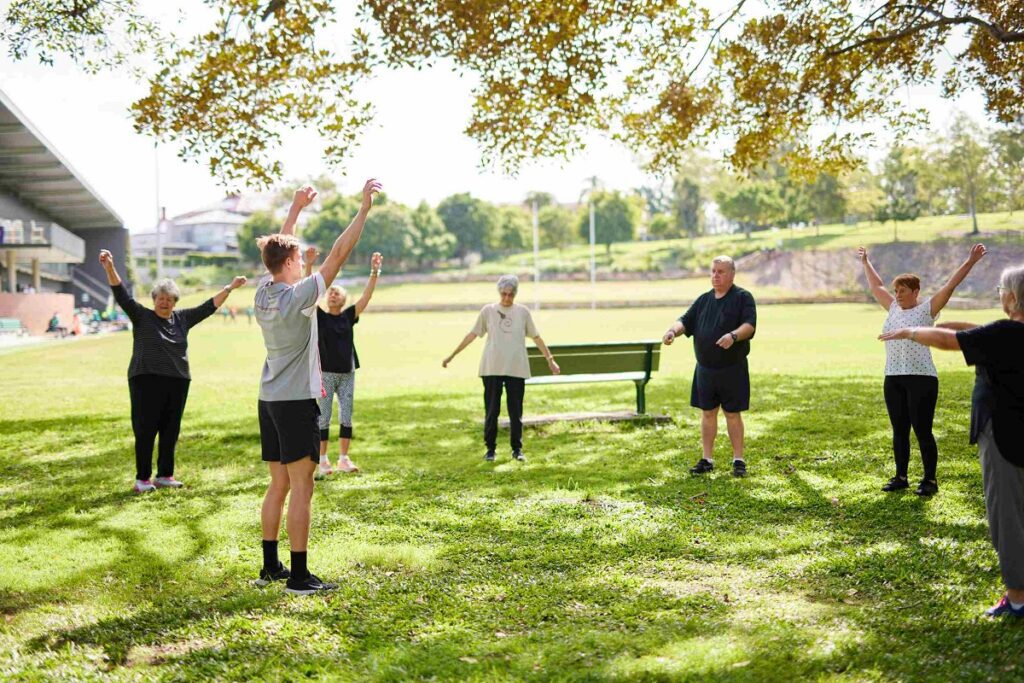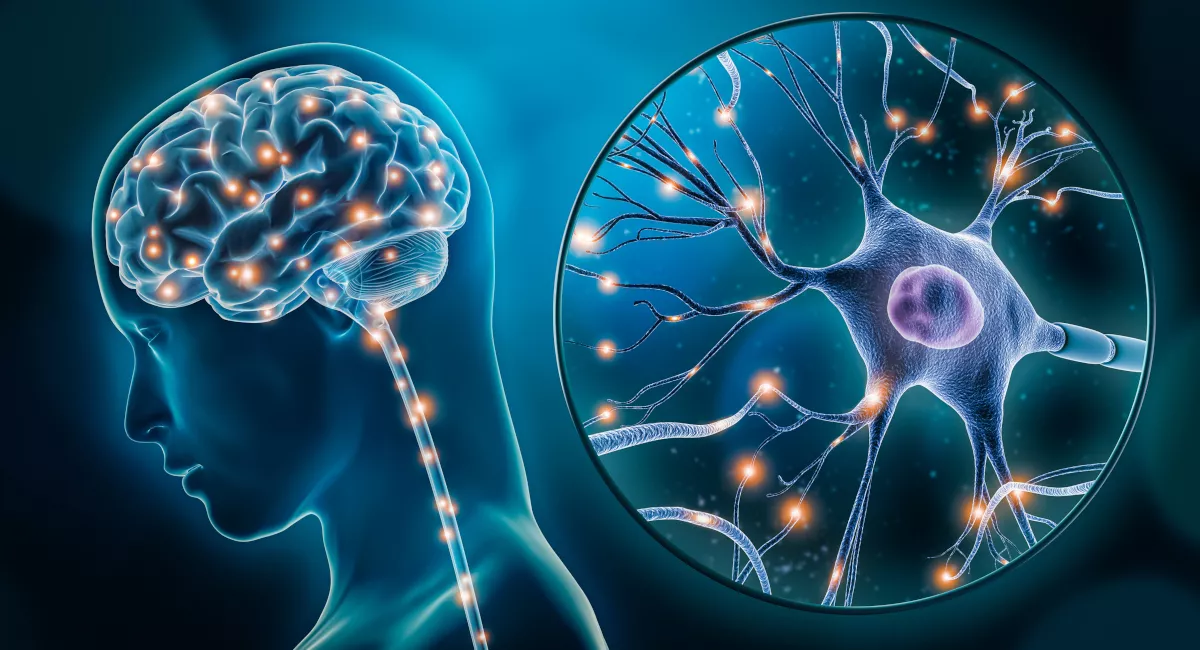Neuroplasticity is the brain’s remarkable ability to change and adapt in response to new experiences and stimuli. This means that the brain is not a fixed, static organ but instead has the ability to reorganize and modify its structure and function.

Neuroplasticity is a fundamental mechanism of learning, memory, and recovery from brain injury, making it an essential topic for anyone interested in optimizing brain health.
Types of Neuroplasticity
Structural Plasticity: Structural plasticity refers to the brain’s ability to physically reorganize itself by creating new connections between neurons or modifying existing ones. This type of neuroplasticity occurs when we learn new things or when our brains adapt to changes in our environment. For example, structural plasticity plays a role in language acquisition, as the brain creates new neural connections to process and understand a new language.
Functional Plasticity: Functional plasticity refers to the brain’s ability to reorganize its activity patterns in response to new experiences. This type of neuroplasticity occurs when we engage in new activities or learn new skills, and it is often accompanied by changes in brain activity and blood flow. For example, functional plasticity is involved in musicians’ ability to improve their playing skills over time by changing the way their brains process and interpret musical information.
Factors Affecting Neuroplasticity
Age: Neuroplasticity is highest in childhood and declines as we age. However, it is important to note that the brain retains some level of plasticity throughout our lives, and we can improve it with the right lifestyle and habits.
Environment and Experience: The environment we live in and the experiences we have can also affect neuroplasticity. Exposure to a rich and stimulating environment, including social interactions, can enhance neuroplasticity, while a monotonous or stressful environment can hinder it.
Lifestyle and Habits:
Sleep: Getting enough sleep is essential for optimal brain function and neuroplasticity. During sleep, the brain consolidates memories, strengthens neural connections, and clears out toxins. Aim for 7-8 hours of sleep per night, and establish a consistent sleep routine to improve the quality of your sleep.
Nutrition: A healthy diet rich in fruits, vegetables, whole grains, and lean protein can support neuroplasticity by providing the necessary nutrients and energy for brain function. Avoid processed foods, excessive sugar, and saturated fats, which can have a negative impact on brain health.
Social Connections: Interacting with others and maintaining social connections can improve neuroplasticity by stimulating the brain and reducing stress. Join a club or group, volunteer, or attend social events to stay connected with others.
Reduce Stress: Chronic stress can have a negative impact on neuroplasticity by causing damage to the brain and impairing cognitive function. Take steps to reduce stress in your life, such as practicing mindfulness, exercise, and prioritizing self-care. By adopting healthy lifestyle habits and practices, you can support neuroplasticity and promote optimal brain health. Consistent sleep, a healthy diet, social connections, and stress reduction can all play a role in maintaining and enhancing neuroplasticity.
Boost Your Brain’s Ability Tips
Physical Exercise: Regular physical exercise has been shown to enhance neuroplasticity by increasing blood flow and oxygen delivery to the brain. Exercise also stimulates the release of growth factors that promote the growth and survival of new neurons and synapses. Aim for at least 30 minutes of moderate-intensity exercise, such as brisk walking or cycling, five days a week.
Learning and Intellectual Stimulation: Engaging in intellectually stimulating activities, such as reading, puzzles, or learning a new skill or language, can also improve neuroplasticity. This type of stimulation promotes the formation of new neural connections and strengthens existing ones. Make a habit of incorporating new and challenging activities into your daily routine.
Mindfulness and Meditation: Mindfulness and meditation practices have been shown to improve neuroplasticity by increasing gray matter volume in certain brain regions and reducing stress and anxiety. Meditation can also increase the density of brain matter in areas associated with learning and memory. Consider incorporating a mindfulness or meditation practice into your daily routine.
Conclusion
Boost Your Brain’s Ability is a fascinating and important topic for anyone interested in optimizing brain health. The brain’s ability to change and adapt in response to new experiences and stimuli is essential for learning, memory, and recovery from brain injury. By understanding the different types of neuroplasticity, the factors that influence it, and ways to improve it, we can take steps to keep our brains healthy and functioning at their best. For more tech-related tips and guides, visit http:\\letsflytogather.com.

